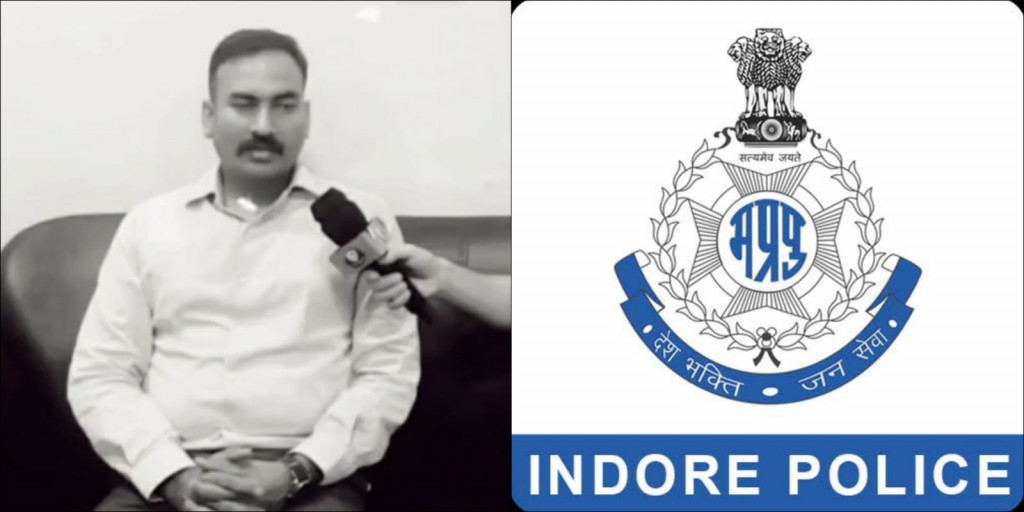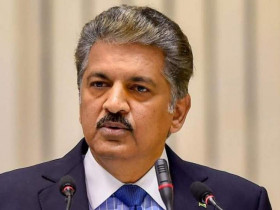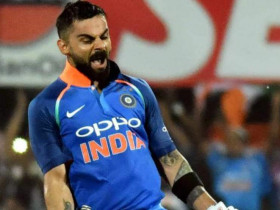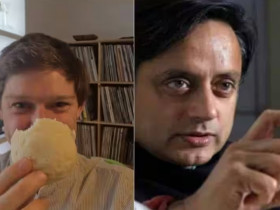Cops and medical doctors are two professionals ordinary people pay a visit to, only when they acutely need their help. Police however often give expeditious relief and bring a smile to the face of the victims who find themselves in circumstances where they feel helpless and weak against pernicious elements or even some powerful brutes of society. Regardless of their caste, religion, or social, lingual, or cultural backgrounds, the presence of police gives all the law-abiding citizens power that they need to live with dignity in independent India.
The modern police in Madhya Pradesh understand that the efficient performance of their duties hinges on how readily and willingly general people cooperate with them. The senior officers thus work round the clock to make police more friendly, courteous and affable, specifically focusing to train the constabulary force which regularly interacts with citizens. In order for the police to establish the goal, the department needs skilled and consummate officers determined to dedicate their life for the citizens.
Following is the story of 2013 batch IPS Upadhyay known for his wits, intelligence and acumen in police leadership. It is based on interviews conducted by me on a wide range of developing issues. He has an exemplary ability to answer all the questions in a very sagacious and informed way, without dodging one.
Who is IPS Sampat Upadhyay?
IPS Upadhyay was born in the eastern part of Uttar Pradesh and earned graduate and master’s degrees in economics from the Banaras Hindu University (BHU), Varanasi. Later on, he qualified Union Public Service Commission (UPSC) exams and chose to serve in the Indian police. He is currently serving as Deputy commissioner of police (DCP) of zone 2, Indore in the newly introduced commissionerate system. The rank is analogous to the post of superintendent of police (SP) in other cities.

Crime free society
While exclusively talking to The Youth, IPS Upadhyay expounds on whether or not it is feasible to establish a society free of crimes. “The crime-free society is a normative realm where all of us attempt to reach. If we however look at all the advanced countries- since we view them with respect and admiration- through the practical or verbal prism, they too have been grappling with crimes- rather atypical of what we have in India. The USA for example has developed a gun culture, while European nations have witnessed instances of violence and riot in recent times. To some extent crime of varying degrees exists in every part of the world. Conclusively the crime graph, with efforts, can be brought down to a minimum so as to make society more secure.
Law enforcement officer or civil servant
Responding to a question pertaining to his own life- whether law enforcement officer or civil servant- which noun best defines him? He explained the significance of both the terms used to delineate police officers and said, “as an officer, we carry the responsibility of enforcing all existing laws and ensuring they are followed. In case someone violates them, police take appropriate action and send them to the judiciary for the further process of law.
As society evolves with time, the responsibilities of the police take a new shape. In many cases, the role of the police is not clearly defined yet in law however we have to interfere and help the public at large. For instance, the police is not a natural disaster relief agency but whensoever natural calamities inflict damage on humans or public properties and we are the first to respond to minimize the effect.
Do movies contribute to crimes?
IPS Sampat Upadhyay unriddles the role of Bollywood movies in encouraging crimes in society and glorifying the criminals. It’s been long debated whether the movies impact society or the society sways movie makers. If we contemplate the issue, both sides of the argument carry weight. The filmmakers show what a larger audience craves to see. They do occasionally give a social message. But their prime objective is to garner as much profit as they can.
We frequently witness that young offenders who indulge in misdemeanours take inspiration from the negative personae, firmly believing they can escape from legal punishment. Movies certainly have an impact on society however we can’t squarely dictate how moviemakers should work on stories. We can’t overlook the fact that history is dotted with instances of offence and it implies that many were implicated in the robbery, loot, and killings in the epoch when there were no movies. Hence we can’t bluntly blame the filmmakers either.
Also read: IPS officer highlights an error in Akshay Kumar movie’s pic
Allegations against police
Offering a smart riposte to the allegation that police don’t work actively and honestly, he briefed us about the circumstances under which cops work. One should not arrive at conclusions based on their superficial knowledge of the subject. Police sometimes become a victim of prejudice of their citizens when they decide to judge without understanding the life of a cop. One must avoid deducing from trivial and ostensible experiences and consider it the universal truth.
Unlike the rest of us who enjoy weekly and festival holidays- in both private and government sectors, a cop doesn’t have this luxury. We actively discharge our duties, staying away from our family, so that our citizens may enjoy festive seasons safely. The door of the police station stays open 24×7 to the people at large. Sometimes cops work for 12 to 16 hours a day, or even longer, and hence are overworked.
A complainant may not get an expected response from the police when he tries to file an FIR for a non-cognizable offence, as we are bound by the law. Police simultaneously performing multiple tasks by diverting the force Thanas to other regions, is also a contributory factor that wrongly leads to people believing that cops don’t work.
Power or responsibility
Shedding light on whether he feels a sense of power or responsibility when he puts on the uniform, the exemplary IPS says that the uniform is loaded with responsibilities. The power an officer receives from the constitution is meant to serve society. Unlike other forces such as the army, the navy, or the air force which have clear and defined responsibility to deal with outside enemies on the border, police personnel mostly engage with their own citizens, while discharging their duty. The given authority should be used judiciously in compliance with the law.
The Youth strongly believes in fostering the morale of such civil servants to the highest degree possible in order to bring about a change in Indian society. An embedded link to the interview, available in Hindi only, is attached below.












